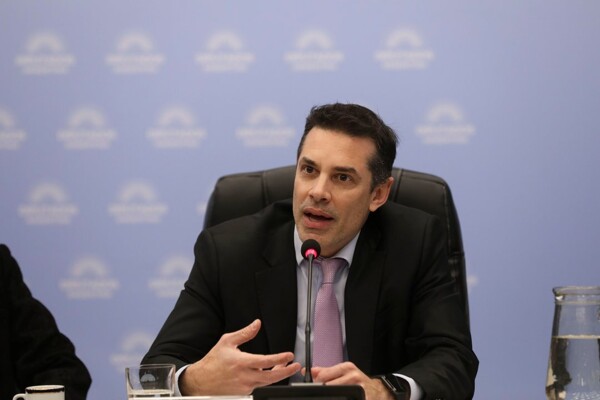The Chamber of Deputies approved with half sanction the Clean Record bill, which, if passed into law in the Senate, would prevent former president Cristina Kirchner from being a candidate due to a firm conviction for corruption. The session, which started at 10:21, extended due to debate over speakers and closed with 144 votes in favor, 98 against (UP and left) and two abstentions (Miguel Pichetto and Nicolás Massot).
After two previous attempts in December, this time the president of the Chamber, Javier Milei, took the initiative to send a new project during the summer, gaining the support of dialogue-oriented blocs. Union for the Homeland stated that the Clean Record proposal aimed to electorally disqualify Cristina Kirchner to weaken Peronism, while other blocs like LLA, PRO, and UCR defended the trajectory of this project since 2016, long before the former president was processed by Justice.
The project seeks to prevent those convicted in the second instance for corruption from presenting themselves as candidates or taking positions in public administration. After negotiations, a wording was agreed that states that the Clean Record exclusion will apply if the confirmation of the conviction in the second instance occurs up to 180 days before the general elections.
Former president Cristina Kirchner, convicted last November, would be out of the electoral race if the project becomes law in the Senate. During the debate, various deputies expressed their positions: Vanesa Siley denounced the intention to disqualify Cristina Kirchner; Karina Banfi recalled the long process to reach this point; Nicolás del Caño criticized the power that this project would grant to the Judiciary; and Eduardo Valdés questioned the law by considering that there is "no clean record with dirty justice."
Finally, Paula Oliveto clarified that the Clean Record law does not exclusively target Cristina Kirchner and Germán Martínez emphasized that the law seeks to exclude the former president from the electoral process, being profoundly anti-Peronist in its approach.














